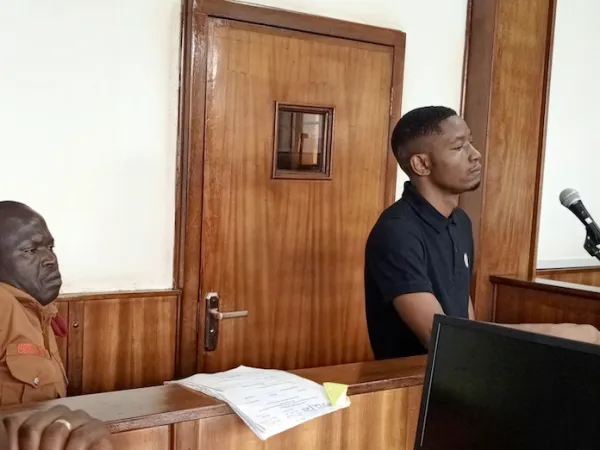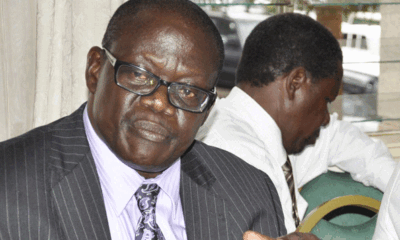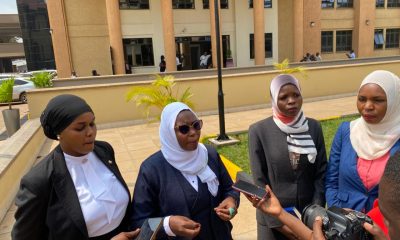Law
Court Rejects Don Nasser’s Rendition Claims, Citing Lack of Evidence
City socialite Nasser Nduhukire, widely known as Don Nasser, has suffered a significant setback in his legal battles, as the International Crimes Division of the High Court in Kampala dismissed his application seeking to nullify his prosecution. Nasser had petitioned the court, alleging torture and illegal rendition from Kenya to Uganda, claims he hoped would halt his trial on charges of aggravated trafficking in children and defilement.
In a ruling delivered on Thursday, Justice Dr Andrew Bashaija, the Head of the International Crimes Division, found Nasser’s application to be without merit and ordered him to pay legal costs to the Attorney General. The pivotal reason for the dismissal, according to Justice Bashaija, was Nasser’s failure to provide sufficient proof of his presence in Kenya at the time of the alleged abduction.
Nasser had contended that on the night of September 18, 2024, he was abducted from Staroot Apartments in Nairobi by armed men in civilian clothing, blindfolded, detained, tortured—including genital torture—and subsequently transported across the Malaba border into Uganda without due legal process. He further alleged that he was held at various police stations before being arraigned in court on September 23, 2024.
However, official records from the Ministry of Internal Affairs presented in court contradicted Nasser’s claims. These records indicate that Nasser last entered Uganda via Entebbe International Airport on October 26, 2023, months before the alleged September 18, 2024, rendition. Although Nasser claimed to have traveled to Kenya using a national identity card, he failed to provide any supporting documentation such as an interstate pass or border clearance records, which the judge noted as a critical failure to discharge the burden of proof under Section 101 of the Evidence Act.
Justice Bashaija emphasized that “The applicant alleges that he traveled to Kenya using his national ID card. However, he does not proffer any proof of his allegation. He ought to have adduced evidence such as an interstate pass from the border he claims to have crossed. The applicant has failed to discharge the burden placed on him under Section 101 of the Evidence Act.” The judge concluded that without evidence of Nasser’s presence in Kenya at the material time, the claims of illegal rendition could not stand, and therefore, issues of extradition or rendition did not even arise under Section 1(c) of the Extradition Act.
The Attorney General, represented by Chief State Attorney Joseph Kyomuhendo and Detective Police Constable Ruth Tumwikirize, vehemently denied all allegations, asserting that Nasser was arrested on Ugandan soil, in Malaba, and was not subjected to any torture. They also highlighted that Nasser had never raised any complaints about torture in court previously, and medical examinations had found him mentally sound and physically unharmed.
Nasser had sought declarations from the court that his right to personal liberty was violated, that the charges against him were unconstitutional, and had requested compensation, holding the Attorney General vicariously liable for the actions of the Uganda Police. These requests were all denied.
Nasser remains on trial in Criminal Case No. 979 of 2024 before the International Crimes Division. He and a co-accused, Promise Ateete—both currently out on bail—are facing allegations of recruiting, transporting, and harboring a 16-year-old girl between May 3 and May 27, 2024. Prosecutors claim they used fraudulent means, abuse of power, and exploited her vulnerability with the intent of sexual exploitation. Additionally, Nasser is accused of defiling the girl and on some occasions using narcotics like cocaine to coerce her into sexual acts.
The case continues to proceed before the International Crimes Division.
Comments

























